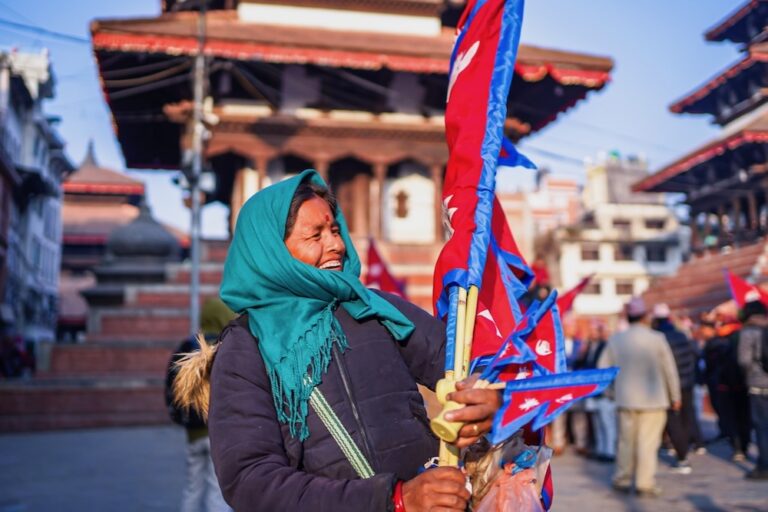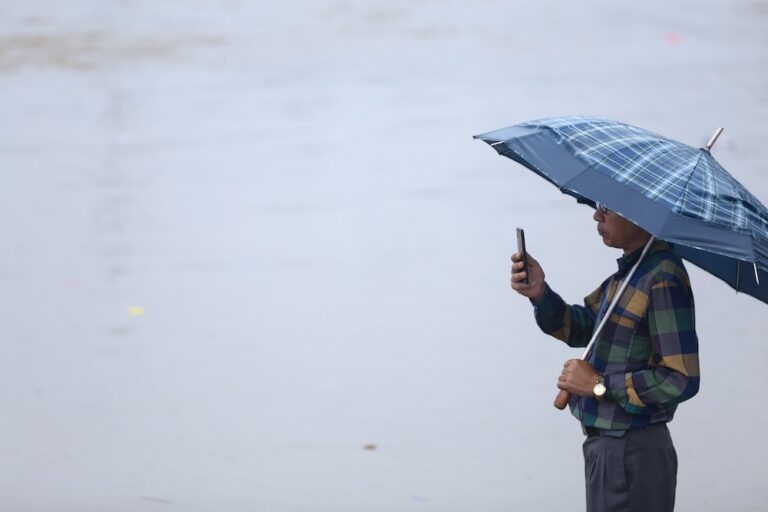(RSF/IFEX) – In a letter to Nepalese Prime Minister Sher Bahadur Deuba, RSF protested the arrest of Gopal Budhathoki, a journalist and editor of the weekly newspaper “Sanghu”, in Kathmandu. RSF also expressed its concern about recent remarks by the prime minister to the effect that the press must support the army and the police […]
(RSF/IFEX) – In a letter to Nepalese Prime Minister Sher Bahadur Deuba, RSF protested the arrest of Gopal Budhathoki, a journalist and editor of the weekly newspaper “Sanghu”, in Kathmandu. RSF also expressed its concern about recent remarks by the prime minister to the effect that the press must support the army and the police in the fight against terrorists. “The journalist’s arrest under very dubious circumstances serves as yet another example of the impunity under which the security forces operate. This impunity is further guaranteed by the imposition of a state of emergency,” stated RSF Secretary-General Robert Ménard. The organisation called on the prime minister to release the journalist immediately.
According to information collected by RSF, Budhathoki was kidnapped by four individuals on the evening of 3 March 2002 as he was returning home on his motorbike. On 6 March, the prime minister announced that the journalist had been arrested because he repeatedly published “invented” articles about the security services, with the sole aim of spreading rumours. Devendra Gautam, a member of a local journalists’ organisation, explained that Budhathoki had published articles about financial irregularities in the Nepalese army’s purchase of helicopters. The prime minister charged that “publishing such material was equivalent to cooperating directly with the terrorists.”
The security forces previously arrested Budhathoki on 17 December 2001. They interrogated him and released him twenty-four hours later (see IFEX alert of 19 December 2001). At the time, “Sanghu” had published excerpts of a press release by the Maoist rebel leader, who is accused of “terrorism”.
RSF also reminded the prime minister that over twenty journalists remain imprisoned under the state of emergency. The organisation urged him to do everything in his power to ensure that the habeas corpus suits brought by Nepalese lawyers and the journalists’ families are not arbitrarily dimissed and are heard with the strictest regard for the law.
Since the king of Nepal declared a state of emergency on 26 November, all basic rights, including freedom of expression and opinion and the right to information, have been suspended. Under state of emergency provisions, any person believed to be even indirectly supporting the Maoist rebels is to be prosecuted. Moreover, the army reserves the right to screen all articles concerning the conflict with the Maoist guerrillas before their publication.


